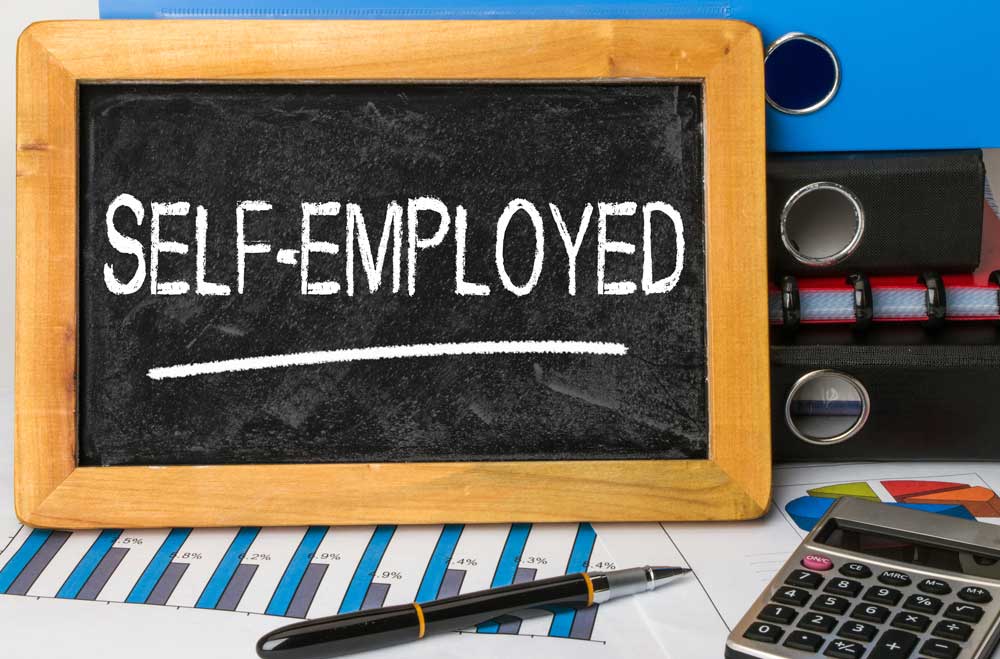This is one of the more common questions that we get asked. What are the pros and cons of moving from self-employed to limited?
In considering whether the move to limited company status is right for you, here are some things to think about.
- Business expenses. As a limited company there is a wider range of expenses that can be claimed for than are allowed for self-employed individuals.
- Will you be working for many more years? Contracting through your own company offers greater scope for long-term tax planning compared with self-employed.
- Does your work expose you to an element of risk? Self-employed people are personally liable for claims brought against them. In theory your personal assets may be at risk. A limited company has limited liability, protecting your personal assets.
The burden of administration
If you’re self-employed, the admin burden is fairly light, a tax return once a year. There is a little more to do with a limited company. It’s not necessarily more complicated, it just takes longer. That is offset by the possibility of tax-saving opportunities which may tip the balance. Speak to us and we can guide you, based on your particular circumstances.
Tax
If you’re self-employed your business and personal tax affairs are viewed as one by HMRC. You and your business are one! That’s why there is only one tax return to complete. Profits that you make are classed as your income and you need to pay the right amount of tax. National Insurance (NI) will also be based on your income, and you could find yourself paying more tax and NI if your profits reach a certain level in any one year.
With a limited company the shareholders and any directors you appoint are treated as two separate entities. If you are your own business, then you will likely be both shareholder and director.
Tax situation as a director of a limited company
- Corporate tax at 19% on profits generated. Changes to the corporation tax regime are coming into effect from 1 April 2022.
- You pay your own income tax from the salary you draw from the company.
- In reality, people choose to pay themselves a low salary to mitigate PAYE tax and additional pay comes from dividend payments from profits which do not attract NI.
- If the profit in your business is likely to fluctuate from year-to-year you can leave some of the profit in the business bank account and make use of tax planning opportunities.
The flat rate VAT scheme
The VAT flat rate scheme is simpler a way of paying VAT whereby a business pays a fixed percentage of its annual turnover. It’s available to both self-employed individuals and limited companies. The VAT flat rate scheme is designed with small businesses in mind. It’s intended to ensure that businesses pay roughly the same amount of VAT without having to complete as much paperwork as other VAT schemes.
Businesses keep the difference between the amount of VAT paid to HMRC and the amount of VAT paid by customers. However, unlike other VAT schemes, businesses paying a flat rate usually can’t reclaim VAT on purchases.
Claiming expenses through your limited company
Whether you choose to trade as self-employed or through a limited company, you are able in both cases to claim the costs associated with your business against your income to calculate your profits.
Travel
A business expense is one incurred solely through the course of doing business. Take travel as an example. You can claim the costs of a car if you only use it for your work, but if you also use it for other purposes then you can only claim the percentage of its work use against tax. It is simpler to keep track of mileage and claim for the distance travelled. In 2021, this is 45p per mile up to 10,000 miles, then 25p per mile thereafter.
You cannot claim for parking fines or speeding penalties. You can include the cost of parking and congestion charges so keep accurate records about all the journeys you make for work including receipts that you might need as proof that this is a legitimate business expense.
Premises and sundries
You can claim for rent on business premises as well as utilities such as electricity, the cost of any equipment you need to purchase for your business and a range of sundries including telephone use, bank charges, postage and stationery. Again, keep accurate records about money you spend on your business, whether that’s on marketing or advertising or trade magazines, books and publications relevant to your work.
Summary
| Advantages of limited | Disadvantages of limited |
| Higher proportion of take home pay | A certain amount of monthly ongoing paperwork |
| Claim on limited company expenses | Accounts need to be filed every year |
| Flat rate VAT scheme for contractors | Costly if only contracting for a short period of time |
| Personal assets protected | A questionable option for contracts less that £25,000 p.a. |
| Company may be seen as more credible | |
| Greater opportunities for tax planning |
For a free, no obligation discussion about the right structure for you contact Jason McClounan on 07921 506051 or email jason@confianbusinessservices.com



Leave A Comment